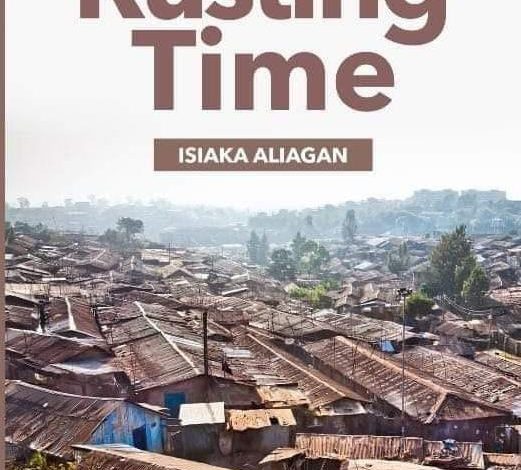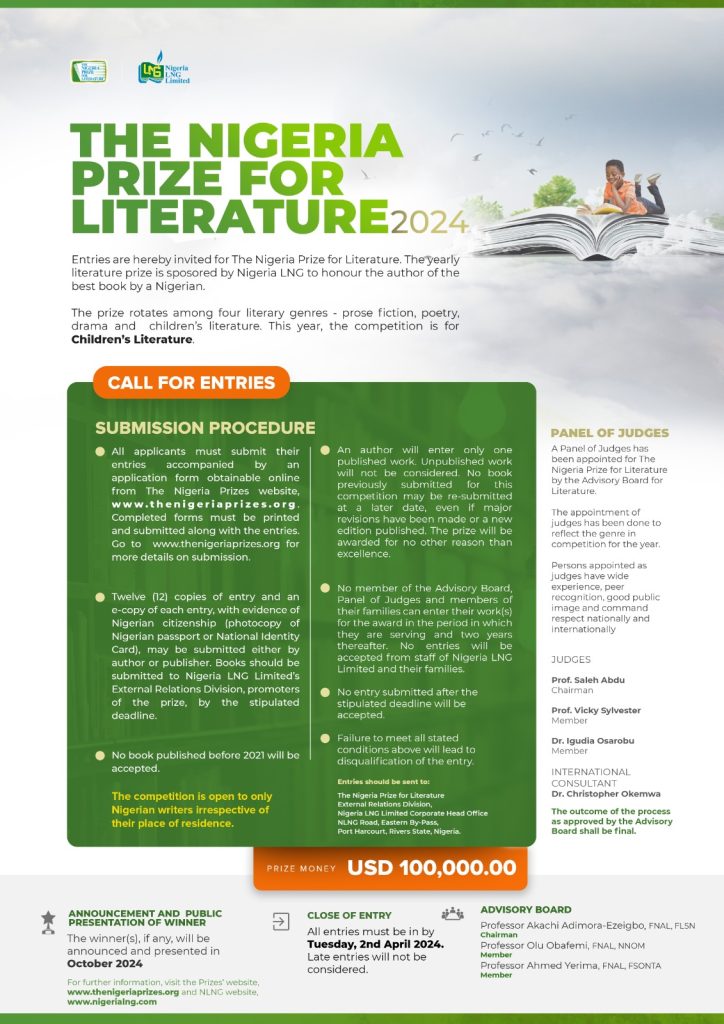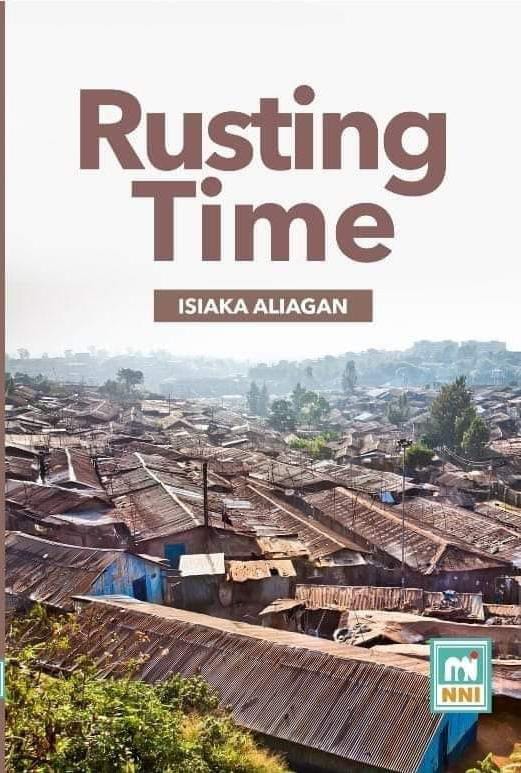Reliving Nigeria’s dystopia in ‘Rusting Time’

By Denja Abdullahi

The play, Rusting Time by Isiaka Aliagan, set in a highly recognizable period of Nigeria’s topsy-turvy, ever-disappointing political history, is one that foregrounds the fact that everything in life is cyclical, and that one only needs to enter the world of any creative piece that has a touch of reality, to be convinced.
Rusting Time, in an episodic form which betrays its original intent, as crafted for the screen, takes the reader and possibly the watching audience, in fast-paced and definitive scenes, through the many-sided realities of a dystopian world of a Third World country in the grip of decrepit leadership and a castrated populace.
All the same, in keeping with the actuality of the reality fictionally unfurled in the play, the playwright ends the play using the radical theatrical device of the “non-terminality” of the people’s struggle against oppression of all forms and the eventual triumph of good over evil.

Beyond the shocking truth that descends on a reader of the play of the similarities of the bygone world, the play enacts with the reality of the world extraneous to the text as it is today, the feeling one gets is history being relived in succinct dialogues and apt characterization. The dialogues, scenes and dramatic moments that run through the play borrow from various theatrical forms ranging from the burlesque, absurdism, slap-stick, tragicomedy, agit-prop and melodrama.
These wide-ranging derivations, built into the believable dialogues and scenes of the play, highlight the ludicrous and unending rampage of the failure of leadership, whether under the military or so-called democratic regimes, in most countries of the Global South.
With Rusting Time, the playwright may have unwittingly adapted a scenic television series drama into a literary dramatic text that a future director will find refreshing to re-interpret for the stage.
The beauty of Rusting Time, which will make many future re-interpretations a salubrious task, is in its dialogues and pacey but highly satiric scenes.
* Abdullahi is a former President of Association of Nigerian Authors (ANA)



